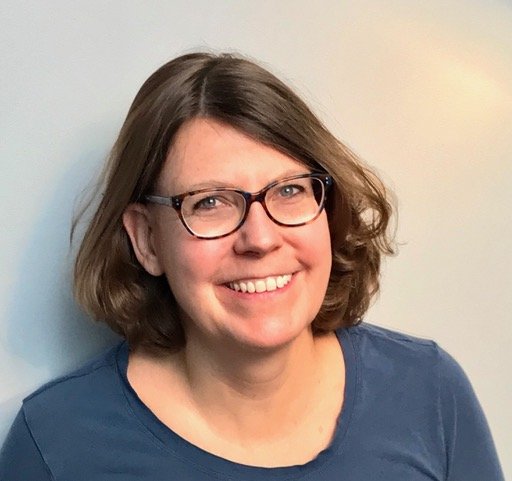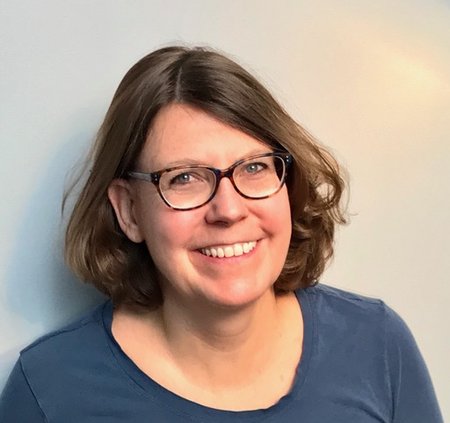By MELINDA BURRELL
Columnist
I’ve been thinking about power, and people who use their power to be kind to others.
A mediator friend described a case in which a tenant lost her job, got behind on rent, and started using drugs. Happily, she had an epiphany, turned her life around, and got a new job – but still owed a lot of rent. In the mediation, she apologized and took responsibility for the situation but wasn’t sure how quickly she could repay what she owed. She was afraid eviction could push her off her healthy trajectory.
The landlord’s lawyer asked to have a side conversation with the property manager. Twenty minutes later, they returned to the mediation room with a creative solution helping both landlord and tenant.
The story gave me goosebumps. The lawyer could have kept the case marching towards court and eviction, but instead used his position of power to help.
Another friend does de-escalation work, helping communities head off potential conflict. She spoke about working with a local business owner. “The guy told us he had to kick a homeless person out of the entrance of his store every morning. We suggested he wake the man up with a cup of coffee and offer him $5 to sweep his corner every morning. A couple of weeks later, the business owner called us back to say the homeless guy now watches over his store now because that’s where he sleeps.”
Being kind to the homeless man, forming a team rather than fighting, benefited both men. And just hearing this story also benefitted me. I felt my shoulders relax and my mood lift.
There’s a whole science of kindness, including the fact that kindness is contagious and can be taught. That’s great news for those of us who are tired of division and want to use our power to heal our communities.
When we do an act of kindness, we experience positive changes in our own bodies. The act of kindness activates the reward center in our own brains. Our blood pressure and cortisol levels go down while “feel good’ hormones such as serotonin and dopamine increase. We feel more connected to other people, which makes us feel safer and less stressed. All of this combines into what is called a “helper’s high.” These effects are found even for people who just see or hear about the act of kindness – like my vicarious benefits from hearing those two stories.
What’s more, kindness can spread. In a recent UCLA study, people were shown videos; half saw a video of a young man who stopped often in his daily routines to help people, while the other half saw a video of a man doing amazing athletic feats. The people were given money as payment for their time and also asked if they would like to make a donation to a hospital. Those who had watched the Unsung Hero video gave 25 percent more to the hospital. His kindness was contagious.
This positive behavior can be taught. “It’s kind of like weight training,” says researcher Helen Weng from the University of Wisconsin-Madison. “We found that people can actually build up their compassion ‘muscle’ and respond to others’ suffering with care and a desire to help.”
Putting this together means we have it in our power to make our communities happier and healthier. As business owners, lawyers, parents, and neighbors, we all can use our positions for kindness, fostering our own health, modeling for others, and rippling outwards.
Melinda Burrell, PhD, syndicated by PeaceVoice, is a former humanitarian aid worker and now trains on the neuroscience of communication and conflict. She is co-chair of the board of the National Association for Community Mediation, which offers resources for community approaches to difficult issues. Opinions expressed are those of the author.





